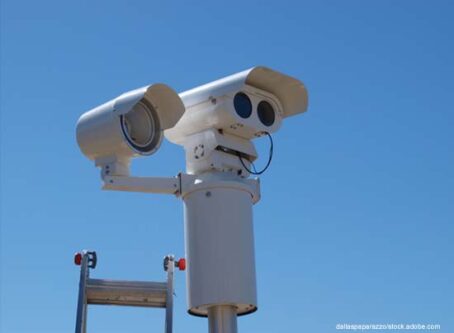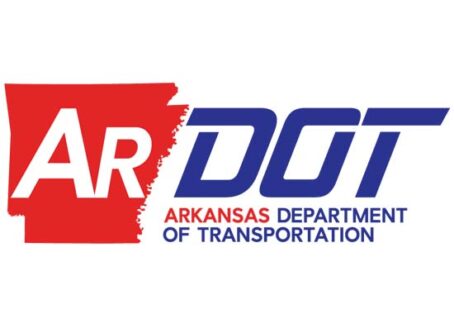Utah tax reform, increased fuel costs on hold
A tax overhaul now law in Utah is in a bit of limbo.
Gov. Gary Herbert has signed into law a bill to collect additional sales tax to cover expenses that include transportation work. Fuel tax rates are affected.
Meeting during a recent special session, the Legislature voted to approve a 199-page bill to raise the state’s sales tax on food, gas and certain other services. The excise tax on diesel also will be increased by about 33%.
Income tax cuts also are included in the reform package – SB2001.
Despite the legislative action to enact tax changes, a citizen effort is underway to nullify the new law.
Sales tax increase
The new law authorizes the state’s 31-cent gas tax rate to be raised about 10 cents to 41 cents.
Sen. Lyle Hillyard, R-Logan, has said the current excise tax on fuel covers less than one-third of road upkeep costs. Federal funds and the state’s sales tax cover the rest.
Diesel fuel purchases are not exempt from the effort to boost state tax revenue. Instead of being charged a sales tax on fuel purchases, starting in April 2020 commercial drivers are slated to pay an extra 6 cents per gallon in excise tax – up from 31 cents.
In 2022, the diesel rate will be raised another 4 cents to 41 cents.
Excluding diesel from the sales tax collection and instead charging more in excise tax is touted to aid truck operations asking for consistent pricing for advanced billing.
Hillyard said during Senate floor discussion the phase-in for diesel is intended to help keep the state competitive with neighboring states.
“One of the real concerns people had is the diesel price in other states is below ours. Give us two years. We hope that they’ll make the same kind of adjustments we’re talking about so we won’t be so far out of line.”
Additionally, the state’s 4.85% sales tax will be collected on food – up from 1.75%.
Services that include ride-sharing, towing, and shipping and handling or taxable sales will also be taxed.
The additional tax collected on food, fuel and services is estimated to raise about $475 million.
Specific to gas purchases, tacking on the state’s 4.85% sales tax will be in addition to the current 31-cent fuel tax rate. The additional revenue via gas and diesel tax collection is estimated to raise $170 million.
Income tax
In an effort to reduce the hit to many Utah residents’ pocketbooks, the state income tax rate is set to be reduced from 4.95% to 4.66%.
Trimming income tax collections is estimated to save residents $635 million.
Advocates tout the $160 million in tax savings for residents when accounting for the income tax cuts and additional sales taxes.
Citizen referendum effort
Critics have concerns about how the tax changes could affect education, and the loss of revenue via the income tax cut. They cite shifting revenue away from income taxes and toward the state’s General Fund.
Multiple groups have banned together to attempt to get the tax changes nullified. The groups have until Jan. 21 to collect enough signatures from citizens who want to have the final say on the legislative action.
If the citizen effort obtains the needed signatures, a referendum question to overturn the law would appear on the November ballot.
Governor touts benefits
In the meantime, the state must wait for the citizen effort to play out before any tax changes are implemented.
Gov. Herbert said he understands concerns about reforming tax policy, but he said the state needed to take action.
He added in remarks that the new system would benefit roads by eliminating tax exemptions on earmarks for transportation.
“This will help us improve the capacity and maintenance of our road system, as drivers will help support the improvement of the roads on which they drive,” Herbert said. “This change is long overdue.”









